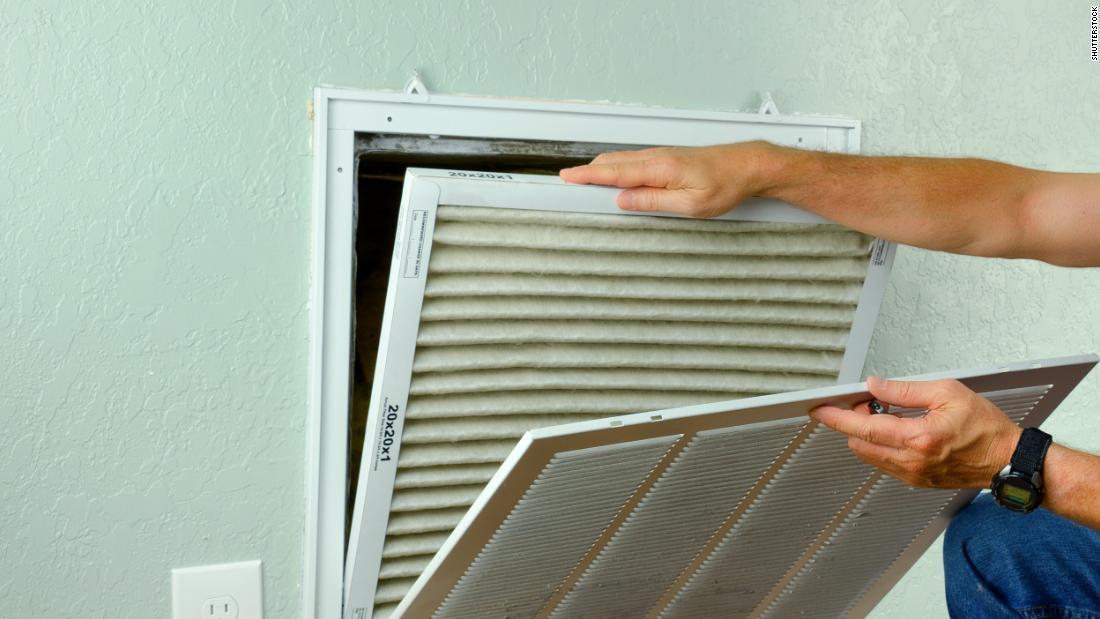Want to save with Paschal? Don’t miss our current offers and specials

Want to save with Paschal? Don’t miss our current offers and specials
Return to Paschal Resource & Education Hub

HVAC filters are an essential component of your heating and cooling system, responsible for keeping the air in your home clean and free of harmful contaminants. When it comes to choosing the right HVAC filter, one of the most important factors to consider is the MERV rating. In this article, we will explore what MERV ratings are, how they are determined, and what they mean for homeowners like you.
MERV stands for Minimum Efficiency Reporting Value and is a rating system used to measure the effectiveness of air filters. The MERV rating scale ranges from 1 to 20, with a higher rating indicating a more efficient filter. Regular air filters, on the other hand, do not have a MERV rating and are typically designed to protect your HVAC system rather than improve indoor air quality. The main difference between a MERV filter and a regular air filter is their ability to capture smaller particles. MERV filters are designed to trap tiny particles such as pollen, pet dander, and dust mites, whereas regular filters may only capture larger particles like dust and debris. MERV filters are often used in commercial settings, hospitals, and other buildings that require high air quality. They are also recommended for individuals with allergies or respiratory issues who need cleaner air to breathe. However, it’s important to note that MERV filters can restrict airflow more than regular air filters, which can lead to reduced HVAC efficiency and higher energy bills. Homeowners should consult with an HVAC professional to determine which type of filter is best for their needs.

MERV ratings are determined by a series of tests that evaluate the ability of a filter to capture particles of different sizes. The tests are performed in a controlled laboratory environment, using a standardized particle generator and an optical particle counter to measure the number of particles that pass through the filter. The results of these tests are then used to calculate the MERV rating, which reflects the filter’s ability to capture particles in the range of 0.3 to 10 microns.
When choosing an HVAC filter, it’s important to consider the MERV rating to ensure that you are getting the best possible air quality in your home.
The following is a guide to help you understand the different MERV ratings and what they mean for your home:
The right MERV rating for your home will depend on several factors, including your personal health concerns, the air quality in your area, and the type of HVAC system you have. For most homeowners, a MERV rating of 5 to 8 is sufficient for improved air quality, while a MERV rating of 9 to 12 may be necessary for those with health concerns or for those who live in areas with high levels of air pollution. It’s also important to consider the impact that a high MERV rating may have on your HVAC system’s performance, and to consult with a professional HVAC technician if you are unsure which MERV rating is right for your home.
Understanding MERV ratings is an important part of choosing the right HVAC filter for your home. By considering factors such as your personal health concerns, the air quality in your area, and the performance of your HVAC system, you can choose a filter with the right MERV rating to provide the best possible air quality in your home. With this knowledge, you can make an informed decision and take control of the air quality in your home. If you need help choosing the correct MERV rating air filter for your home, or have any questions relating to indoor air quality contact the professionals at Paschal Air, Plumbing & Electric today or schedule your next appointment online.
